
Peaceful Change initiative to close at the end of 2025
It is with great sadness that the Board of Trustees of the Peaceful Change initiative has taken the difficult decision to wind down the charity.
Whilst closing is a very
Featured resource
Young people are critical to building and sustaining peace in their communities, but they are often excluded from peace efforts. Our latest report explores the intersection between youth, culture and peacebuilding along the Swahili Coast.
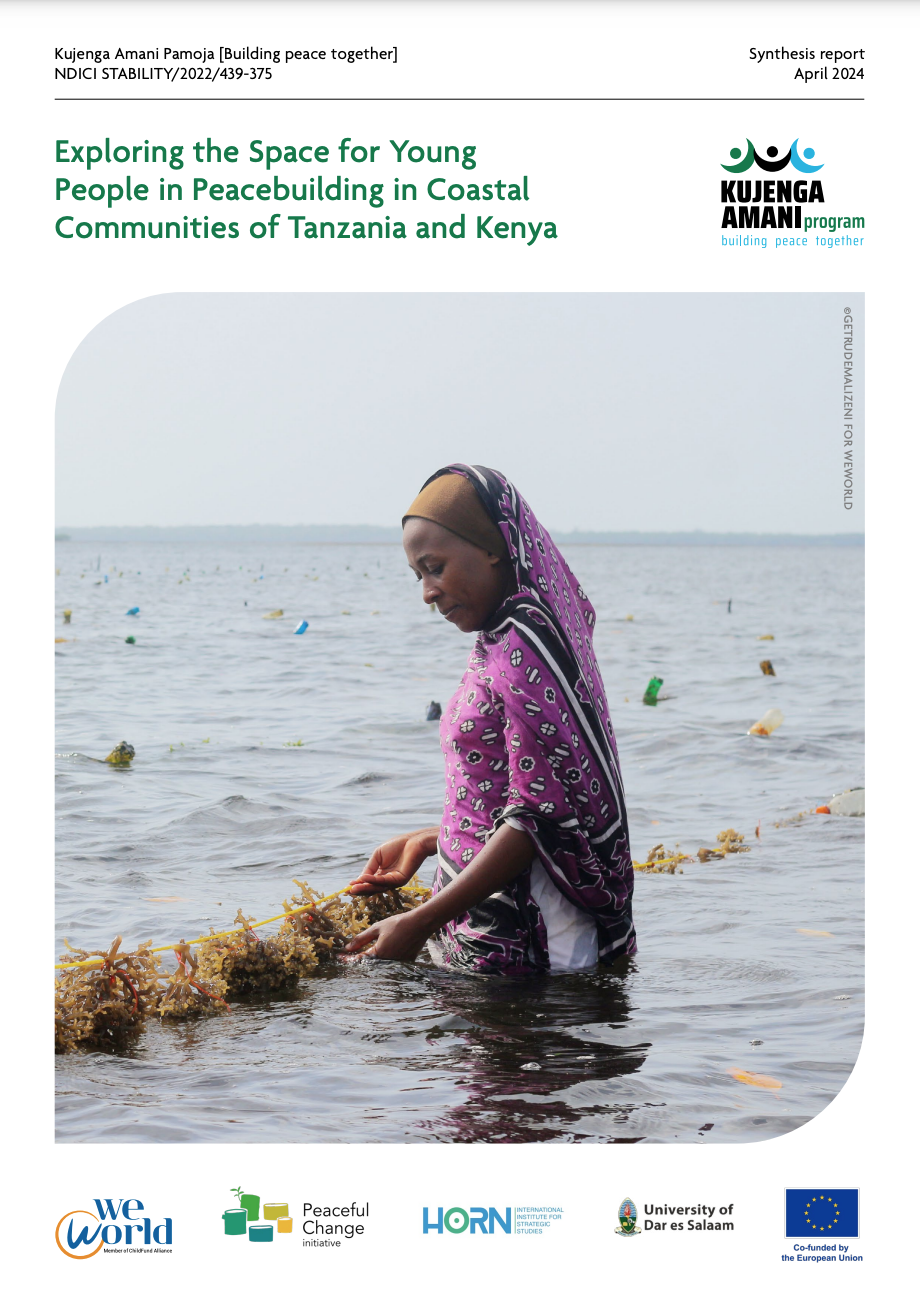

It is with great sadness that the Board of Trustees of the Peaceful Change initiative has taken the difficult decision to wind down the charity.
Whilst closing is a very

This report examines Turkey’s increasing engagement in stabilisation and peacebuilding efforts.
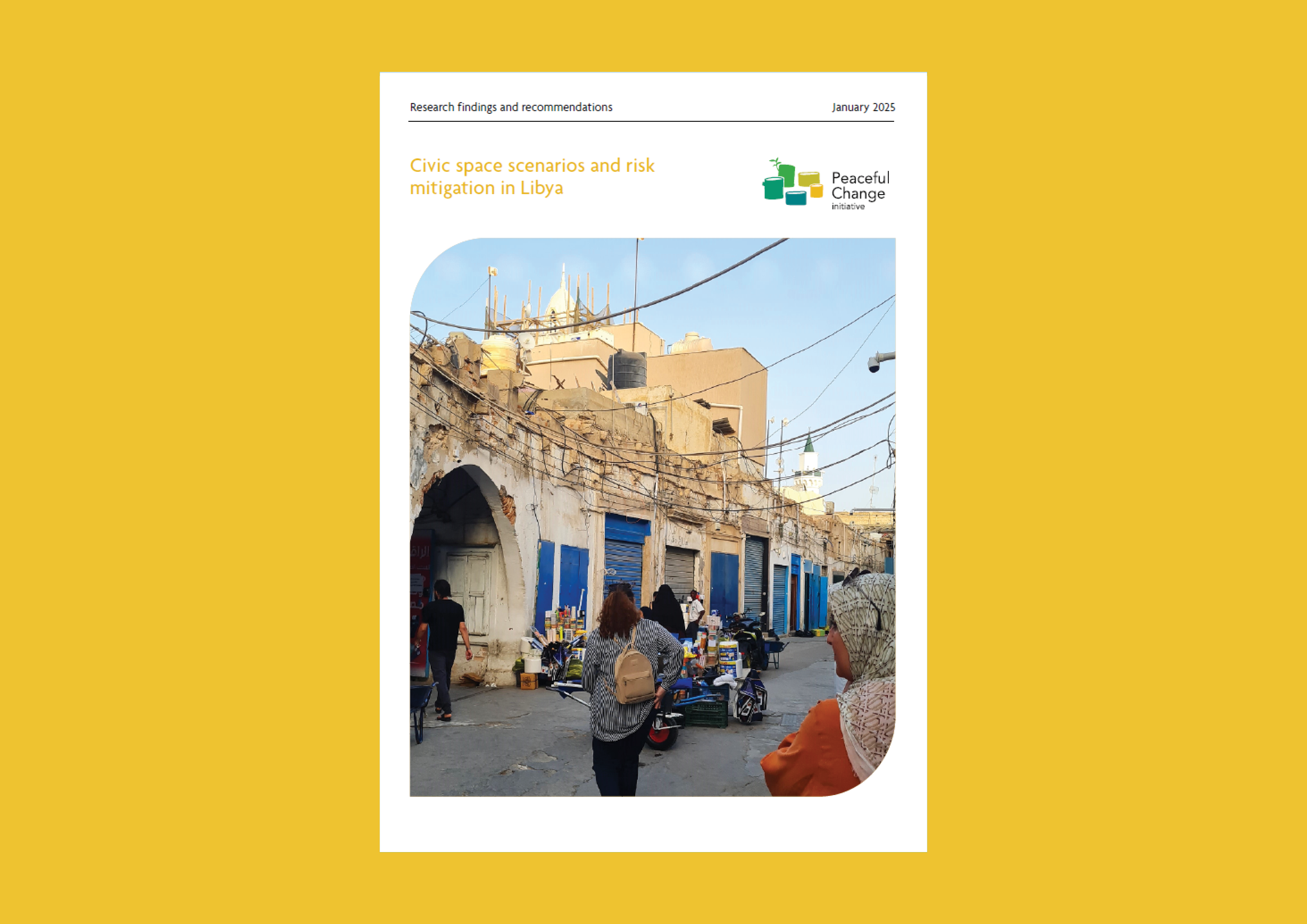
This paper highlights how international donors international donors who partner with Libyan CSOs can help protect and expand civic space in Libya.
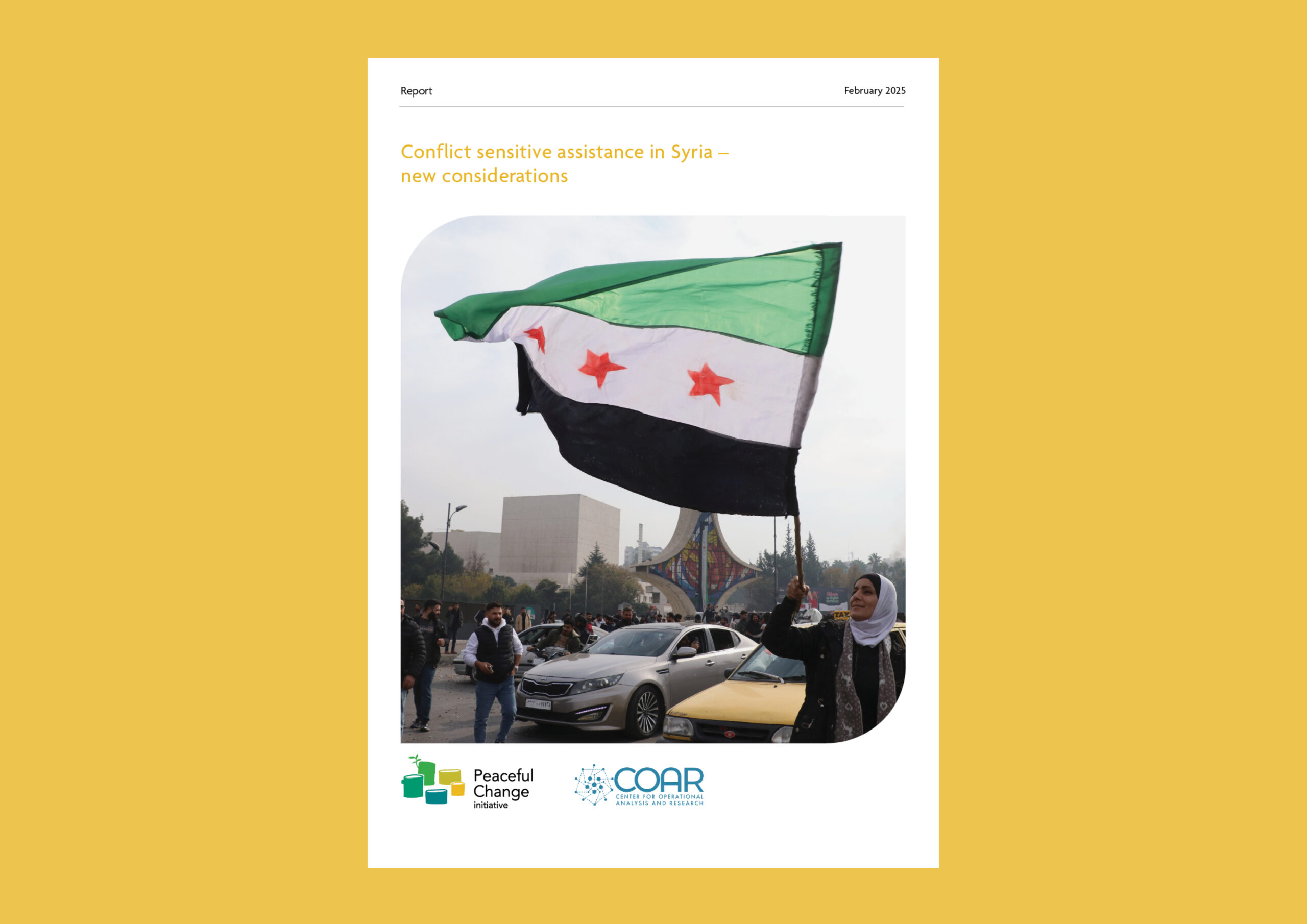
This report outlines a number of ways in which international assistance risks doing harm and ways in which it can contribute to peace in Syria.
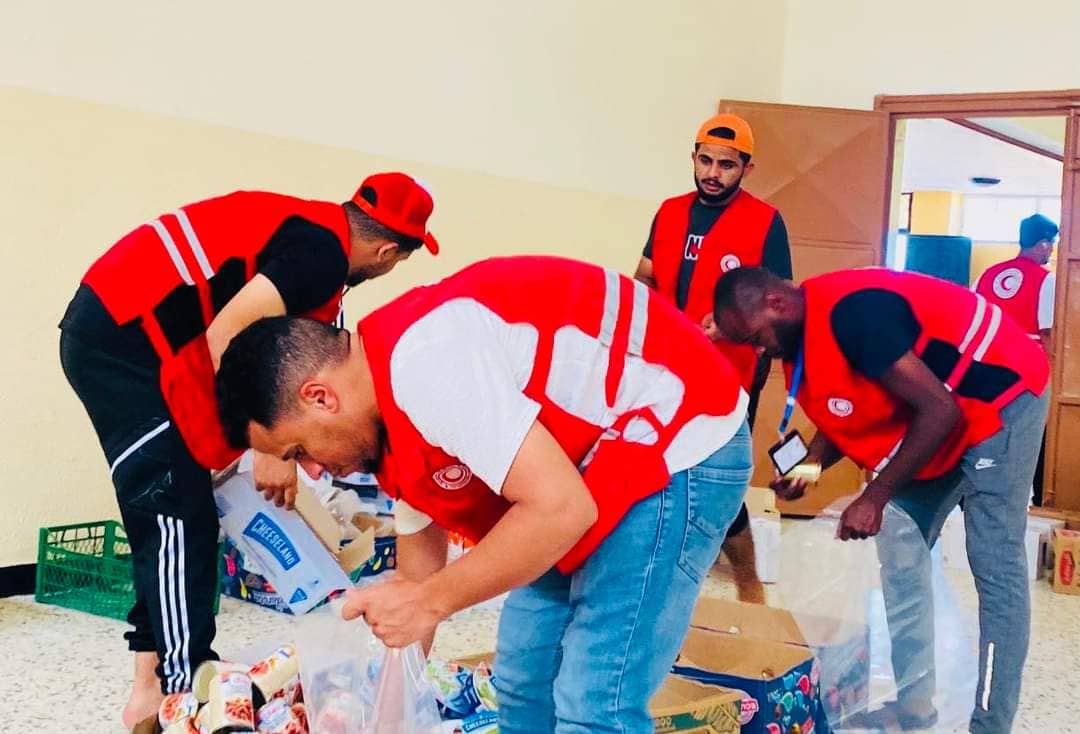
What is the Position and Behaviour effect and why does it matters for development and humanitarian aid programming?
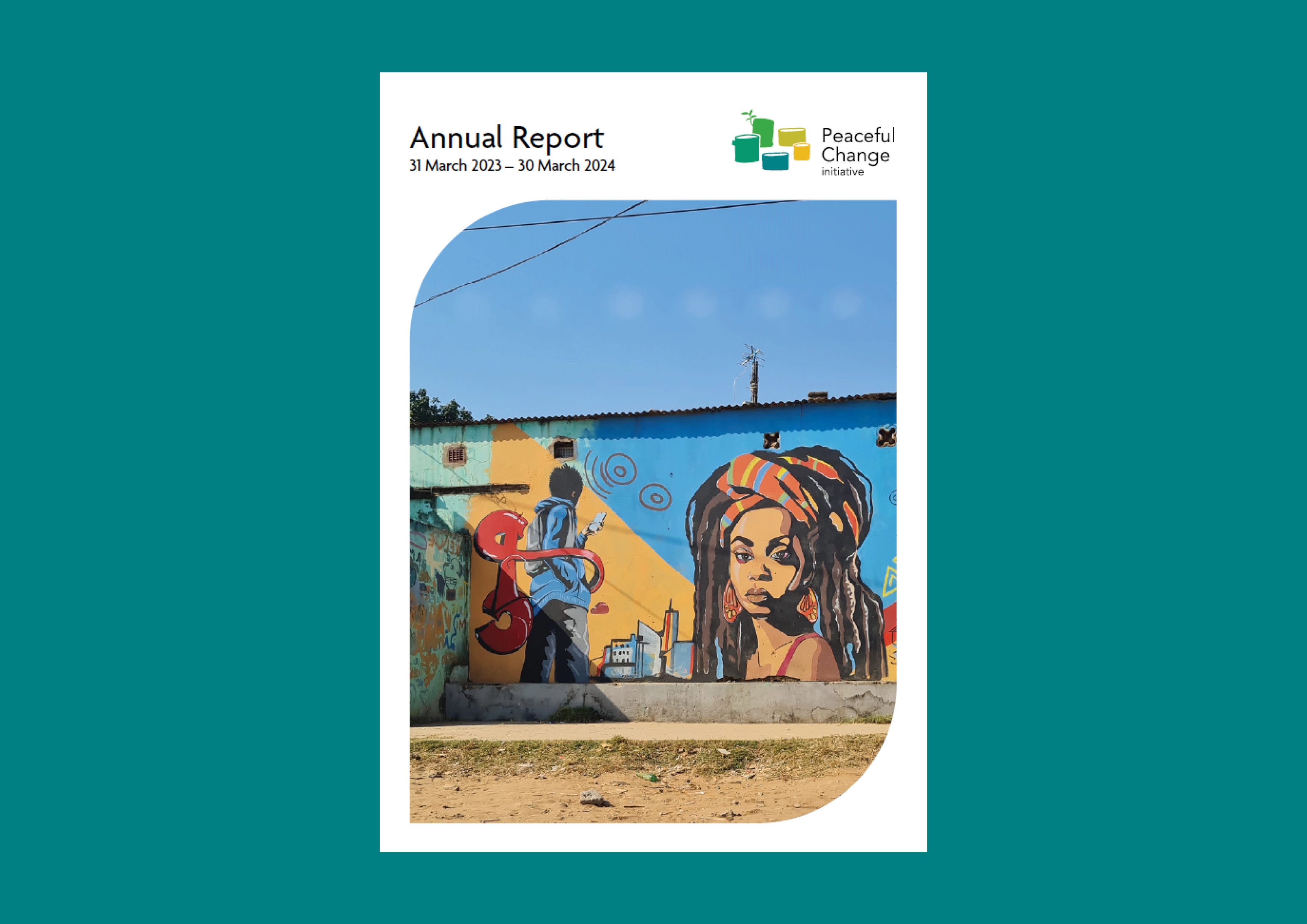
Our annual report for 2023-2024 reflects on our achievements and the challenges we faced while working to build sustainable peace.
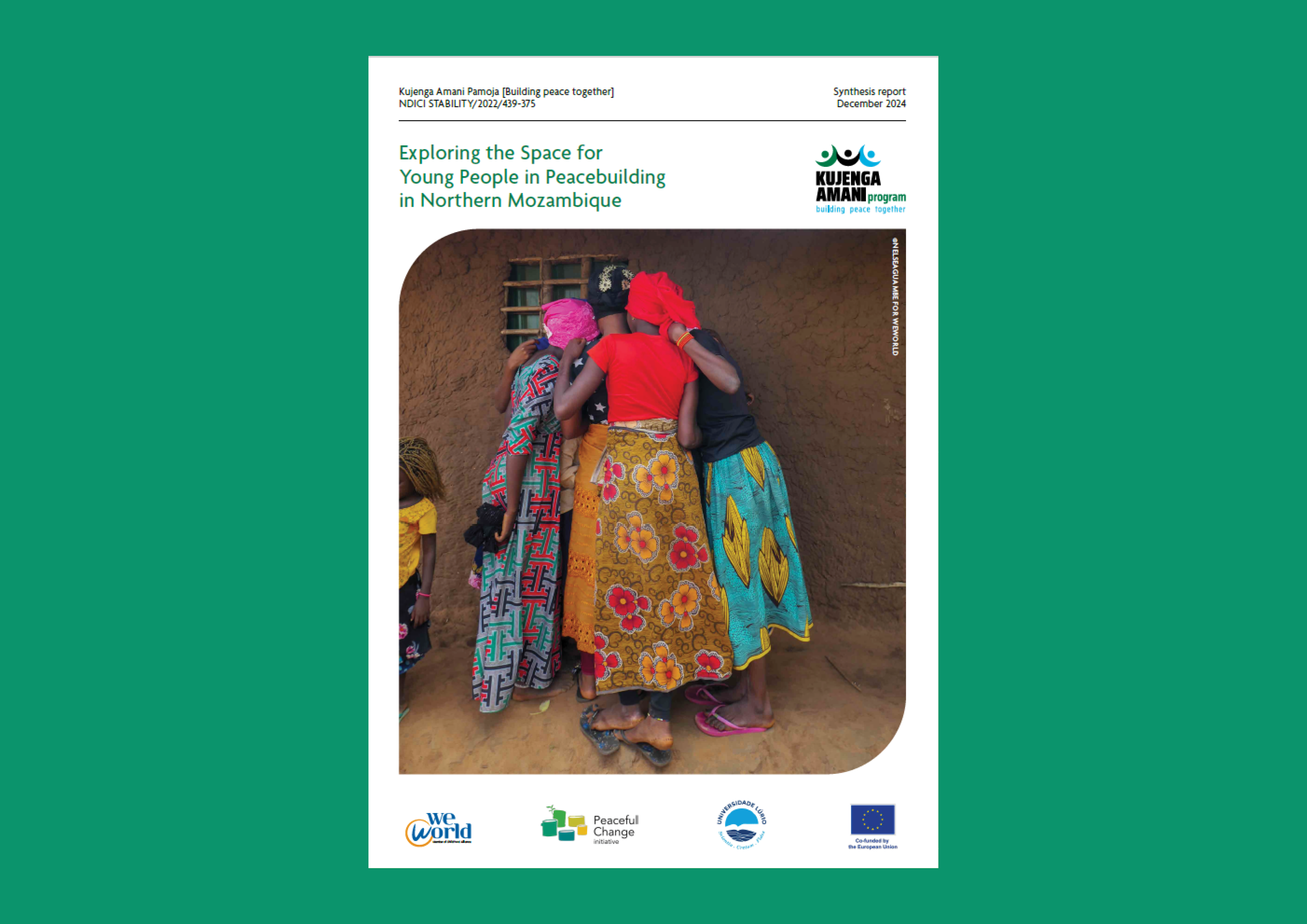
This case study looks at the intersection of youth, culture, and peacebuilding in Cabo Delgado and Nampula, and in particular in the districts of Chiure, Mecufi and Erati.
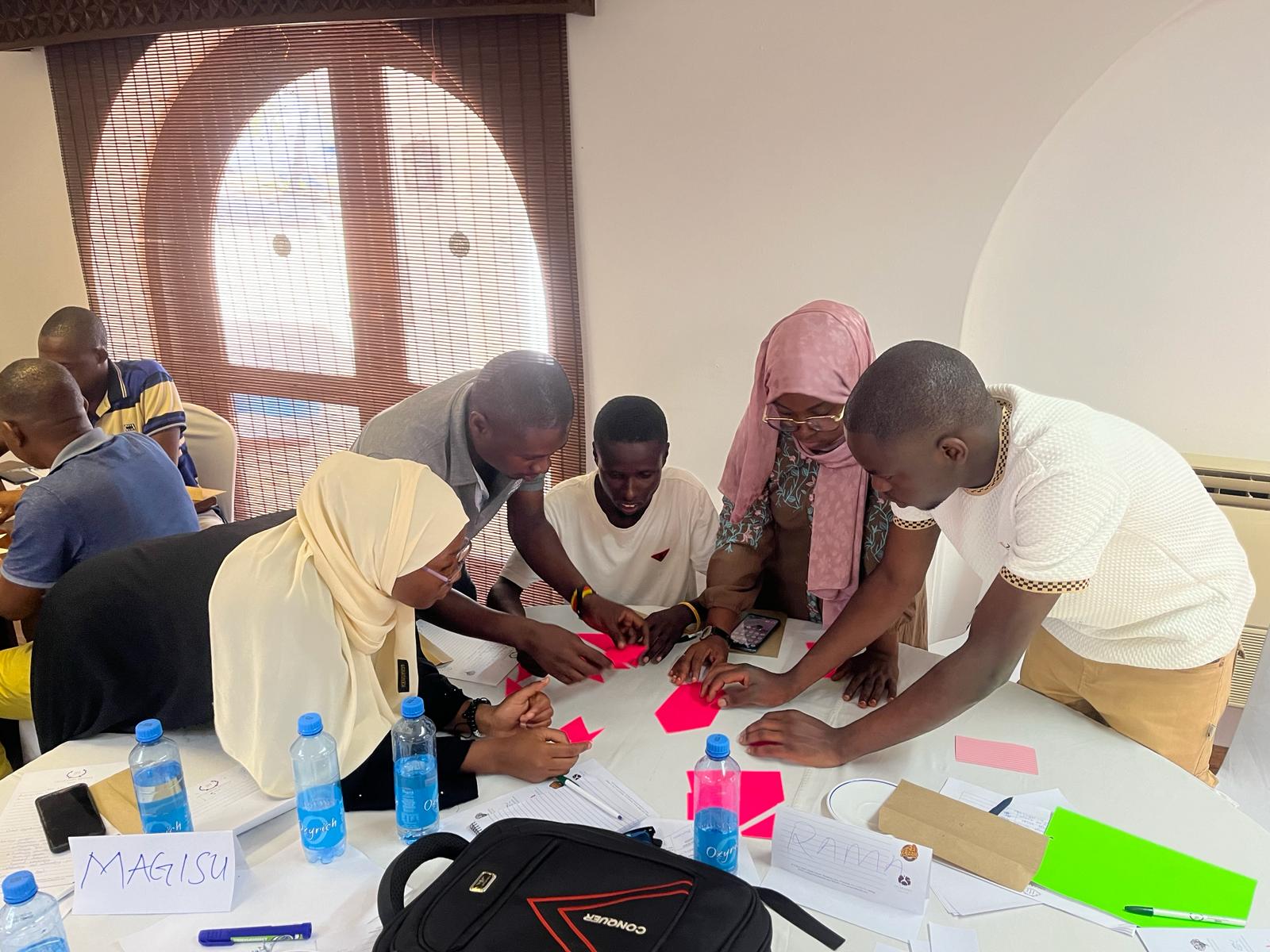
The Conflict Sensitive Due-Diligence (CSDD) tool consists of four questions, or tests, which should be asked when undertaking any decision about assistance.
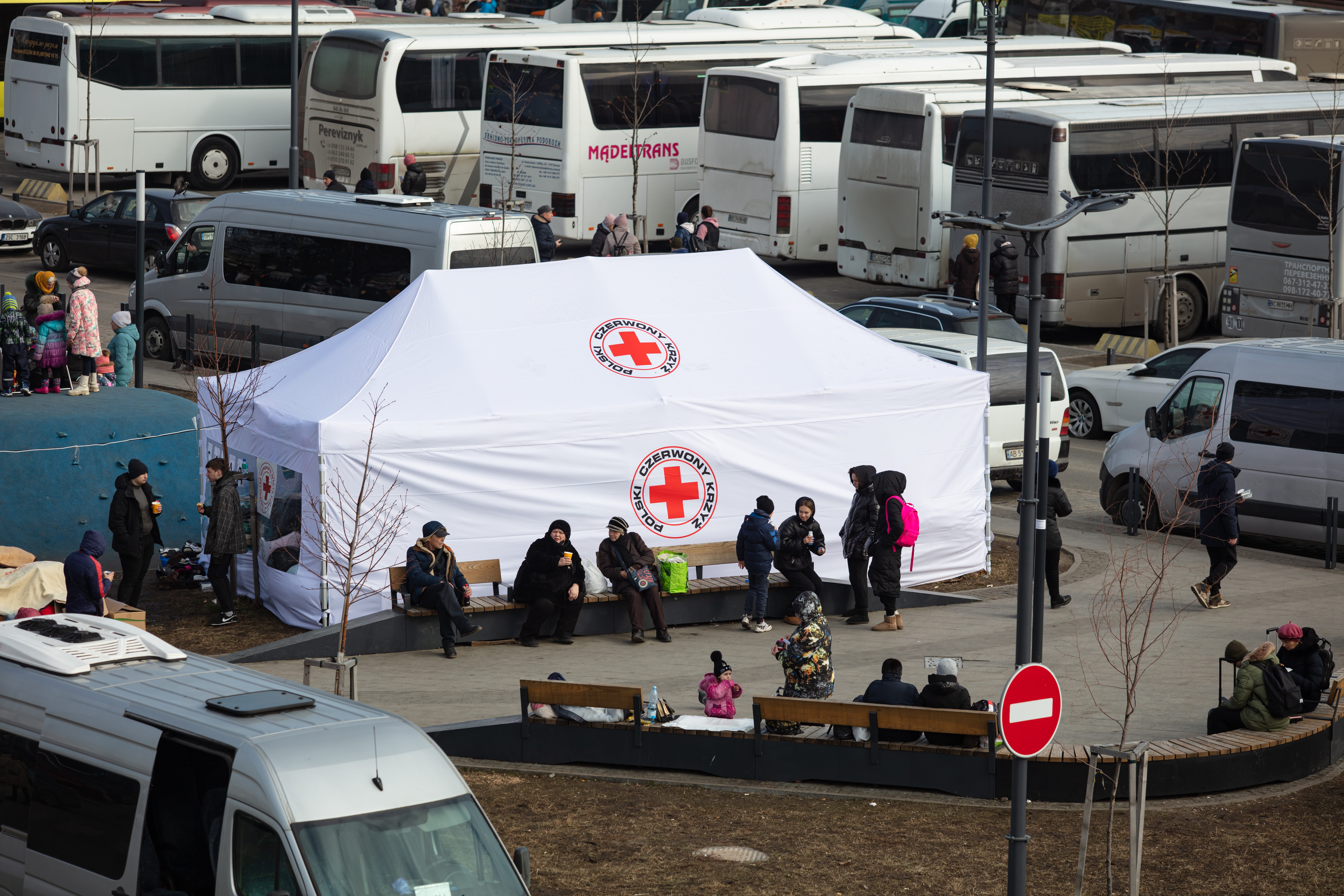
This tool is designed to allow you take a due-diligence approach to decisions about whether to move ahead with a programme or activity where there is risk that it will

PCi stands in solidarity with our Syrian friends and colleagues as they delight in the removal of the Assad Regime from power, and the freeing prisoners from Syria’s horrific jails.
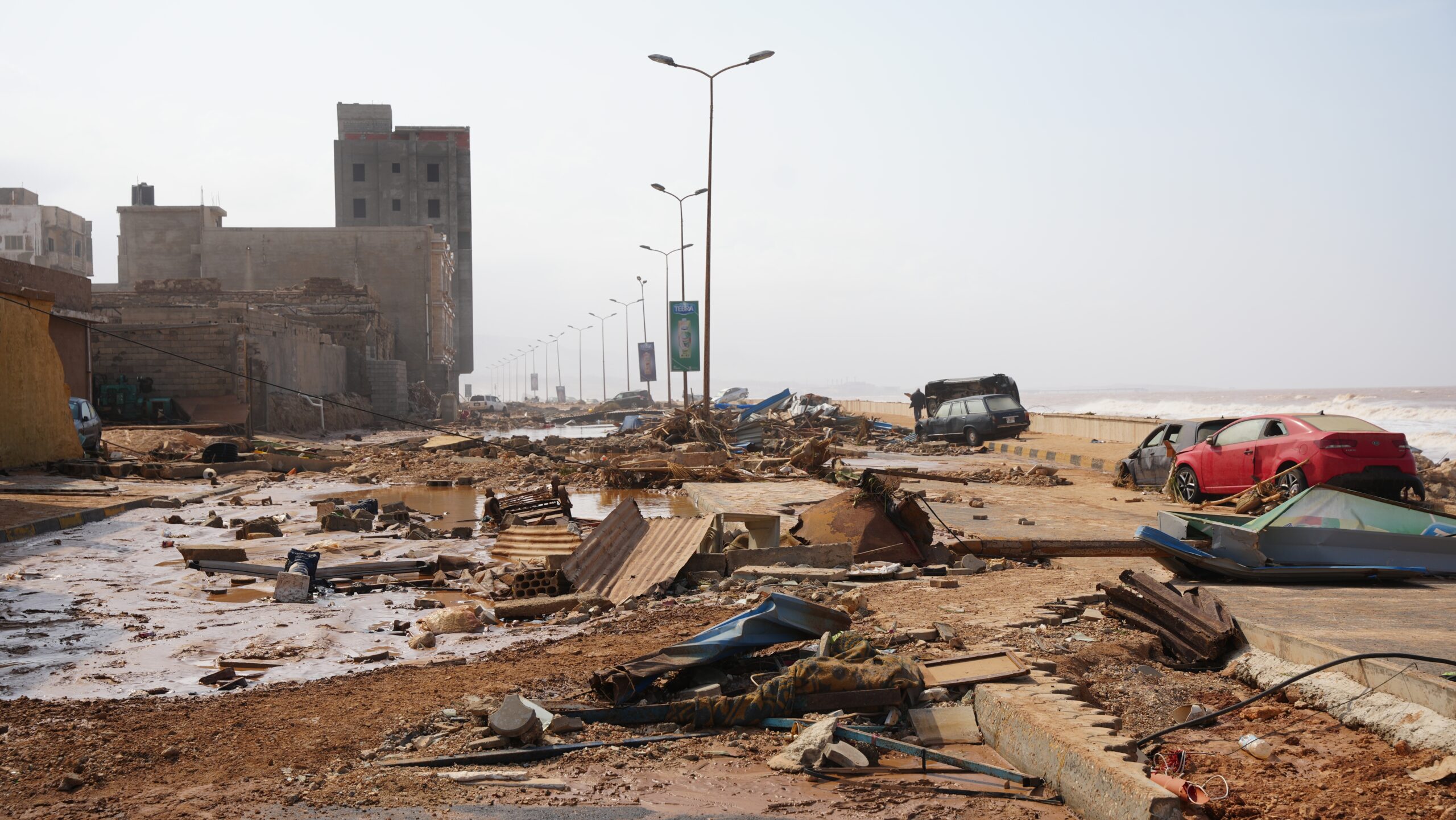
This tool is designed to be used hand-in-hand with PCi’s conflict sensitivity matrix to facilitate the identification of how your activities and programmes may affect the context where they take
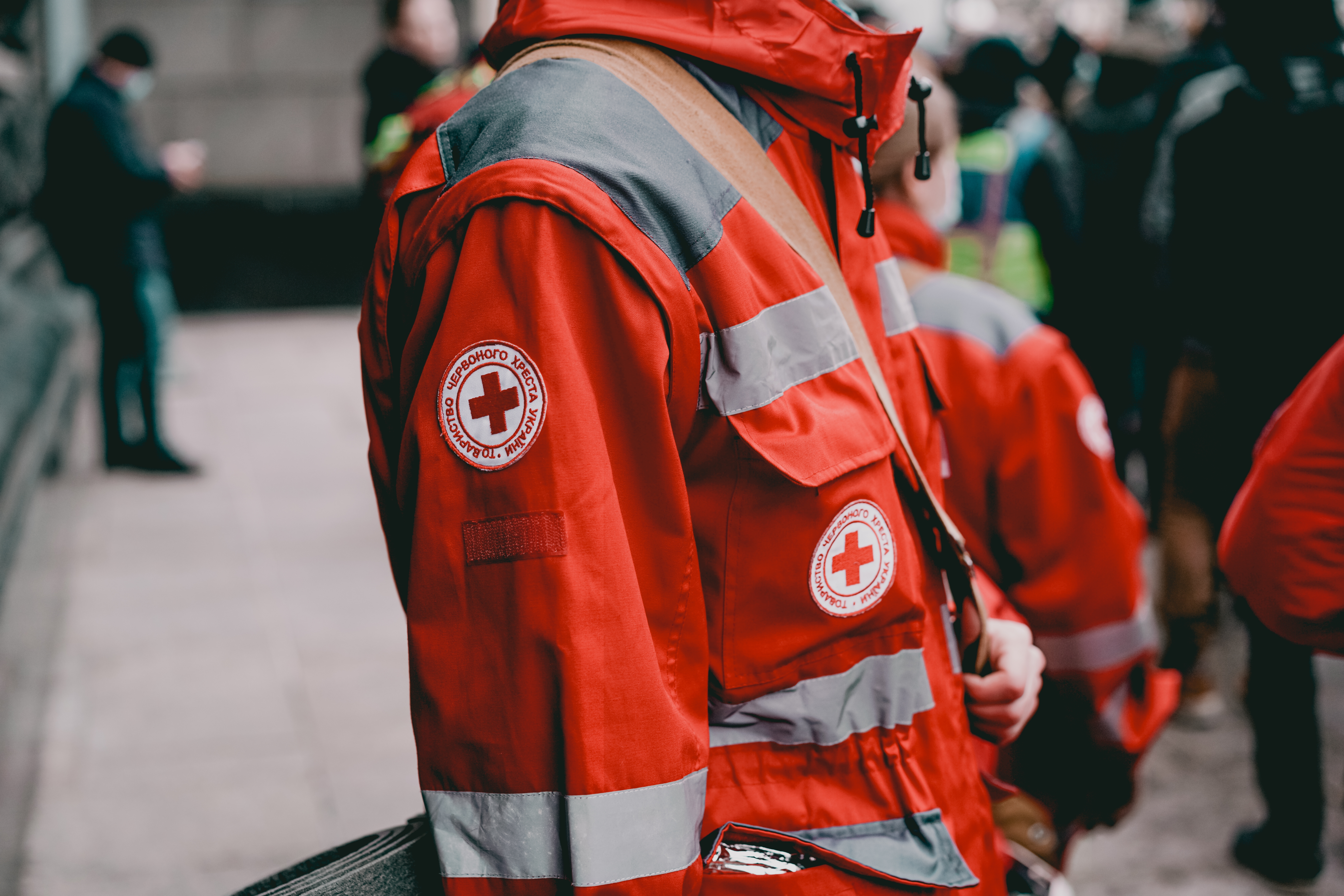
PCi’s conflict sensitivity matrix is designed to be used hand-in-hand with the interactions typology to systematically identify how aid activities affect the peace and conflict context.